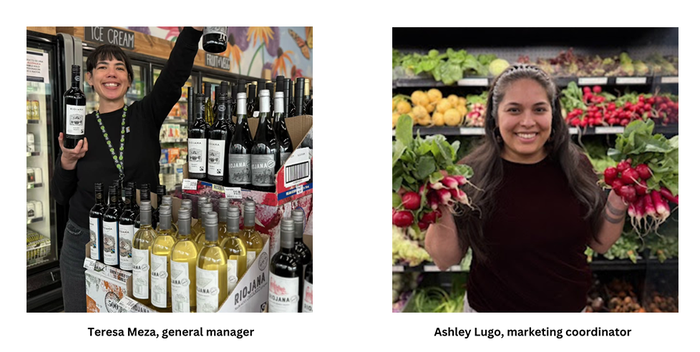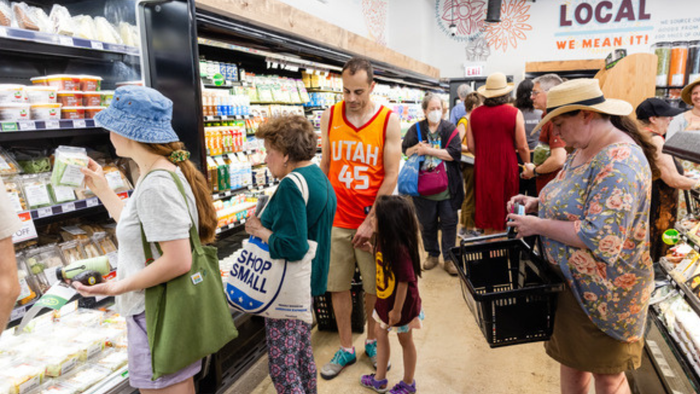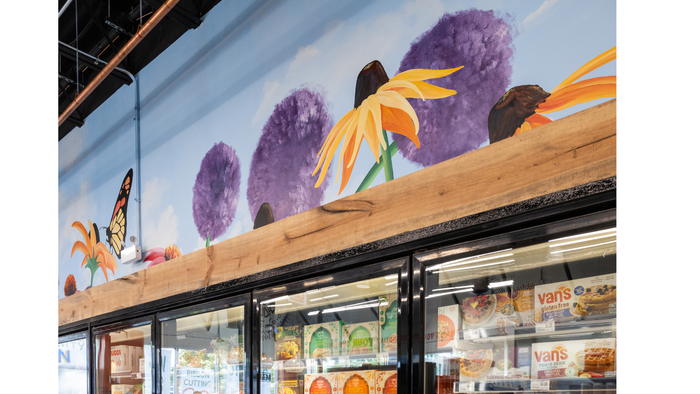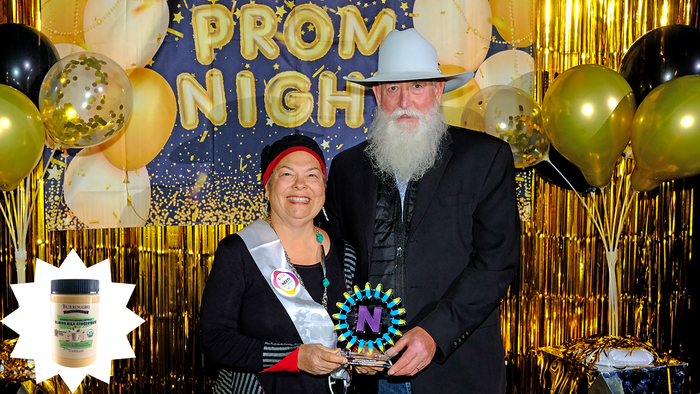At a Glance
- Wild Onion Market is just the second cooperatively owned grocer in the city of Chicago, Illinois.
- Because Lake Michigan is less than a mile to the east, the managers define "local food" as that grown within 400 miles.
- Owner volunteers support the store by passing out coupons at farmers markets, planning events and writing promotions.
As the nation’s third-largest city and one of its most diverse, Chicago, Illinois, offers just about everything. So, it may come as a shock that until last summer, this city of 2.7 million had just one cooperative grocery store within its 234-square miles. Now it has two.
On June 12, Wild Onion Market opened in the northside neighborhood of Rogers Park, the culmination of a 12-year grassroots effort. Back in 2012, a small group of neighbors united and began planting the seeds for a cooperatively owned grocer —one that would support local producers, promote sustainability and bolster the local economy.
At long last, their dream—and more than a decade of hard work—has come to fruition, with a strong team in place to shepherd it and ensure it thrives.
Teresa Meza, Wild Onion’s general manager, and Ashley Lugo, marketing coordinator, are key parts of that team. Both believe wholeheartedly in the cooperative business model and had worked at Chicago’s other co-op, Dill Pickle Food Co-op in Logan Square. Meza was also a founding owner of Sugar Beet Food Co-op in Oak Park, Illinois, a village just west of the city, and has over two decades of retail and nonprofit experience.
NFM recently sat down with Meza and Lugo to learn more about Wild Onion Market.

Wow, 12 years to get the co-op open. What got this ball rolling?
Ashley Lugo: It’s true—this was 12 years in the making! Twelve years ago, Rogers Park community members identified a need for a co-op on Chicago’s north side. They organized around the idea and started to actively fundraise for it. The democratic process is slow, unfortunately. It wasn’t just galvanizing people to learn about and support a co-op but a lot of administrative work too—submitting the right paperwork to the city, applying for grants, marketing, etc.
Then about five years ago, they got a substantial grant that allowed them to start putting the foundation of the store together—picking our location, thinking about who would run it, finding equipment.
Teresa Meza: They conducted a marketing study, created a pro forma and found a few different locations that were well suited to public transit. This location had two other grocery stores before us, which made it more appealing, though it had to be gutted and redone to get it back up and running.
I was surprised to learn that Wild Onion is only the second co-op grocer in Chicago. Why so few?
TM: Well, in grocery, it’s difficult to turn a profit. It’s not a high-margin business, and there’s a lot of competition. Pretty much everybody carries groceries now, including gas stations, and we don’t have the corner on the market for organic or health foods anymore.
But mostly, I think it’s just an education thing, letting people know what co-ops are. One of the cooperative principles is to educate people on your business, so we try to be transparent, like, “This is our cost, this is what we paid for a lease, this is what we paid staff, this is what we’re taking home. And if we get a profit once we get established, it will be divided among the owners.”

What has the community’s reception been like?
TM: Really positive, for the most part. We’ve gotten some kneejerk reactions. Some people have misperceived us as attempting to gentrify the neighborhood because we carry healthy and organic items. Right now, the cost of groceries is very high, so our prices have to reflect that cost. But we’re not here to negatively impact the neighborhood; we’re trying to be a positive force.
AL: There’s also this older idea that you need to put in time working at a co-op to shop there. We faced a bit of that at first. Some community members wouldn’t come by, but once they found out that everyone can shop here, then it was like “Oh, now this is my store.” So, the education piece has been really important, and I love seeing the community’s reaction change. We’ve taken some really intentional actions to be one with the community, so I’m excited to see how far that will go.
Given the education hurdle, was it hard to build a staff?
TM: Honestly, we had a large pool of applicants. We opened not long after Dom’s and Foxtrot closed, so there were a lot of people looking for work specifically in grocery. I was lucky to have a few employees with experience in co-ops. Building that culture of a cooperative model isn’t as hard when you have a couple of starter seeds. Overall, we have fantastic employees, and we all collaborate well.
The co-op model supports other local businesses. How do you embody that in produce?
TM: There were owner volunteers working on a list of local producers well before I started here. Originally, we defined local as within 200 miles. Recently, we changed that to 400 miles because you can’t feed a city this big … I mean, there is not much arable land in Lake Michigan!
But local has taken us some time to establish. Opening mid-June last year meant we had to start with a little less local produce than we would’ve liked, because we couldn’t give our producers a heads-up that they would have a guaranteed purchase.
Also, lots of farms don’t have the infrastructure to send deliveries once or multiple times a week, so we work with aggregators like Down at the Farms, which works with 200 small farms in southern Illinois. They provide a price list every week and we pick what to order. There are more informal relationships too. Someone will call us up and say, “I have a bushel of this—are you interested?” Sometimes we can take advantage of that.
Is your produce mostly organic?
TM: Our produce is probably 80% organic. For the nonorganic items, we try to source locally. A lot of what we get locally, if it isn’t organic certified, it uses organic growing standards.

What are some other highlights of Wild Onion Market?
TM: We have some excellent local vendors in grab-and-go, such as White Oak Gourmet. We carry Publican Quality Bread, which not many stores in Rogers Park do, so people come in just for that sometimes. Our store is really cute, with an adorable community seating area that’s really sunny, so some people come in just to talk to the staff and get their days brightened. People are also starting to recognize the value of our co-op deals.
AL: The bulk section is a big draw too. Not many neighborhood stores do bulk the way we do.
Wild Onion also has a cadre of volunteers—what kind of work do they do?
TM: Some co-ops in other states can have volunteers work in-store, but Illinois labor laws prohibit that. So, some owners would love to bag groceries, but we can’t let them. That leaves opportunities for community outreach, things we can’t currently pay an employee to do, nor do we have time to do. Owner volunteers have gone to farmers market and handed out coupons, tabled events and just gotten the word out. They also produce content and press releases to support our marketing initiatives, so it’s nice to have that help.
How does the co-op promote food equity?
TM: We accept EBT and are applying to get our Double Up Food Bucks so that people’s money can go further in produce. We’ve donated to Food Not Bombs and Care for Real. At the registers, we ask customers if they’d like to round up to support organizations such as A Just Harvest. [Editor's note: Double Up Food Bucks matches a recipient's SNAP benefits so they may purchase twice as much fresh produce.]
One thing I’ve heard from other co-ops is that if you have no margin, you have no mission. It is our goal to feed people, so we are focusing on our margin. Once we make money, we can expand what we do to feed people.
About the Author
You May Also Like







